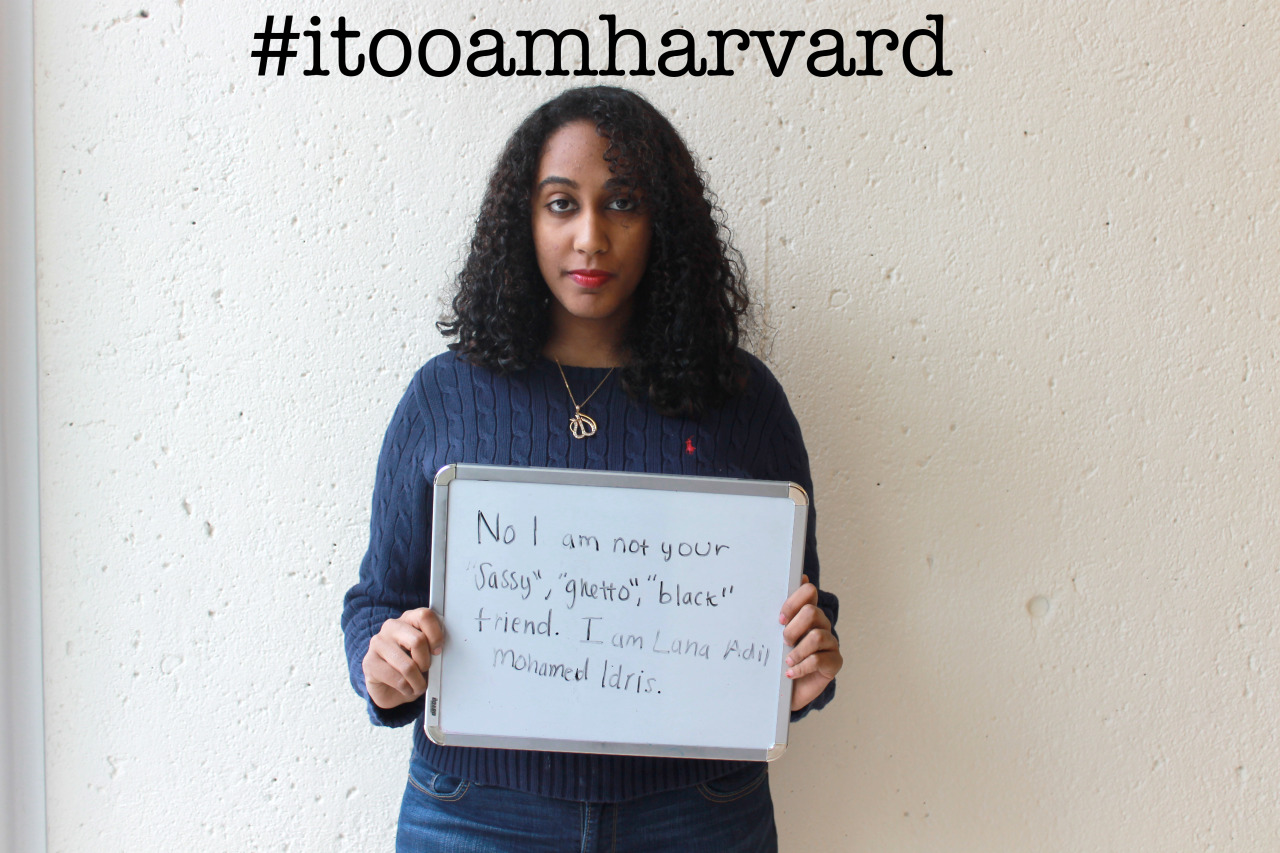It turns out that I am the first Black professor to attain tenure at Harvard in the physical sciences. When I go to events for the Faculty of Arts and Sciences (FAS), I occasionally see other Black people, but they are few and they are not generally in the sciences (I was at a dinner table next to Jamaica Kincaid's recently!). To be Black at Harvard is to be on an island. To be Black at Harvard is to stand out. Being Black at Harvard means always being aware of your skin color. This awareness isn't always bad, necessarily. But my race is ever present in my mind, and that takes a cognitive toll, which has been documented extensively.
Since arriving in Cambridge, MA, I have been reading a great deal about the history of my people, and about the institutions in which we live and operate (inspired in large part by the book recommendations of Ta-Nehisi Coates). Not surprisingly, these institutions fail us more than they help. But at the same time, I've developed a deep and abiding pride in who I am, my personal history and my ancestry. I'm proud of the accomplishments of those who endured unthinkable treatment, ranging from slavery, to state-sanctioned terrorism, to institutionalized racism, to today's undercover biases and slights. To be Black is to be a survivor, and I'm proud of the path that was blazed for me to be what I am today: A Black Harvard Professor.
I'm proud that today's Harvard values the diversity that I bring. Yes, I was hired in part because I'm Black, and Harvard needs what my unique racial makeup brings with it: namely, excellence. I bring viewpoints that are out of the norm, yet well aligned with the educational needs of an ever more diverse student body. I bring a formidable publication record, unique teaching methods and innovative approaches to all that I do. And I'm determined to see diversification accelerated here. Soon. There's much work to do, but I feel I'm in the right place to do it.
 |
| I, too, am Harvard |

Comments